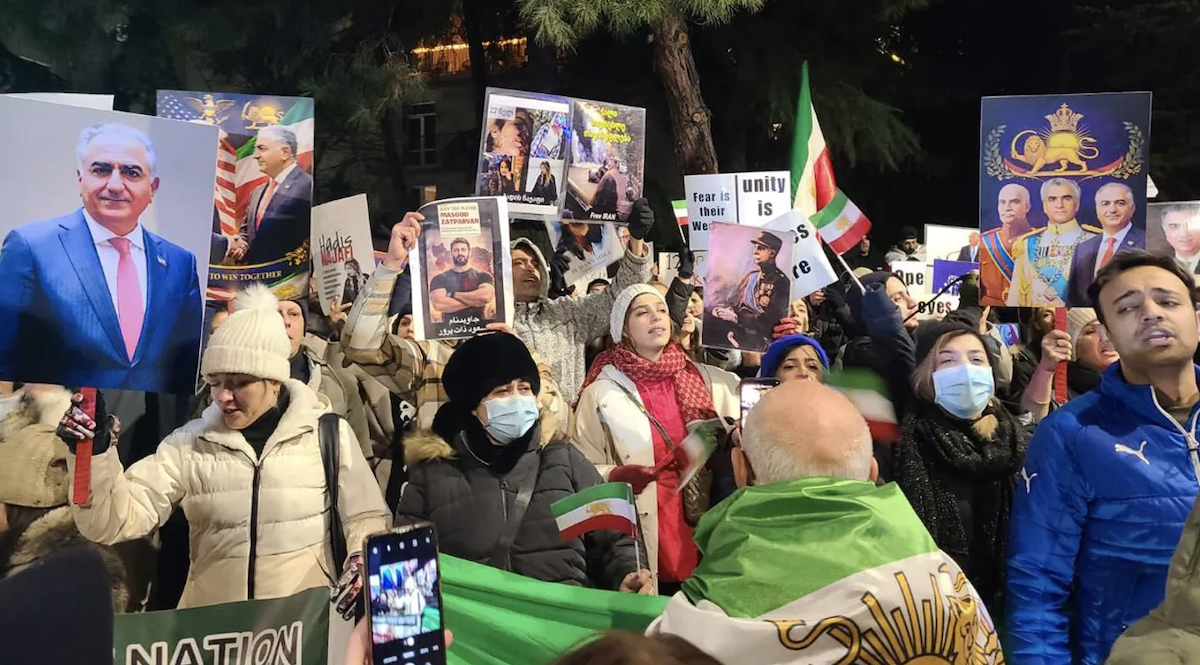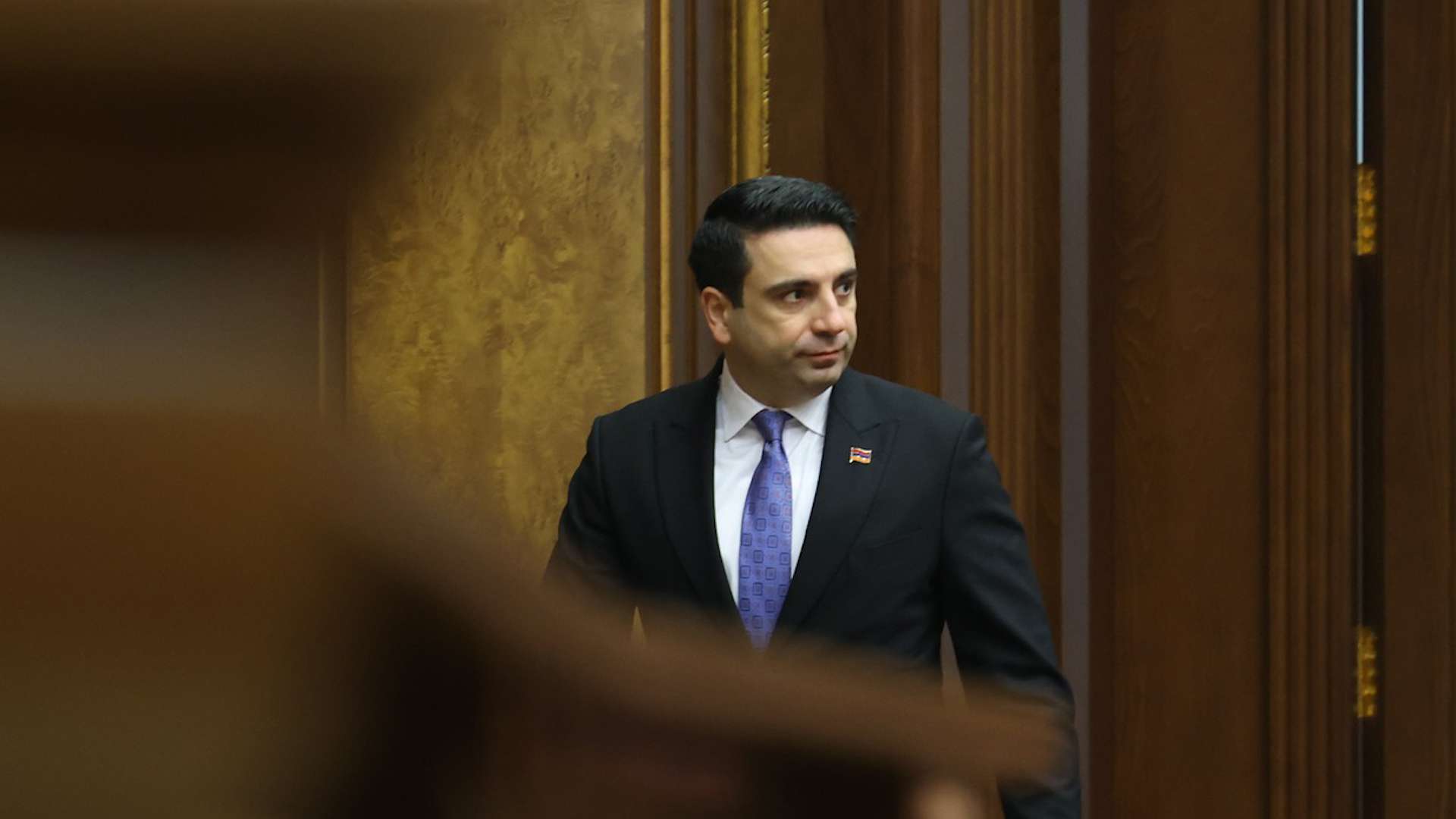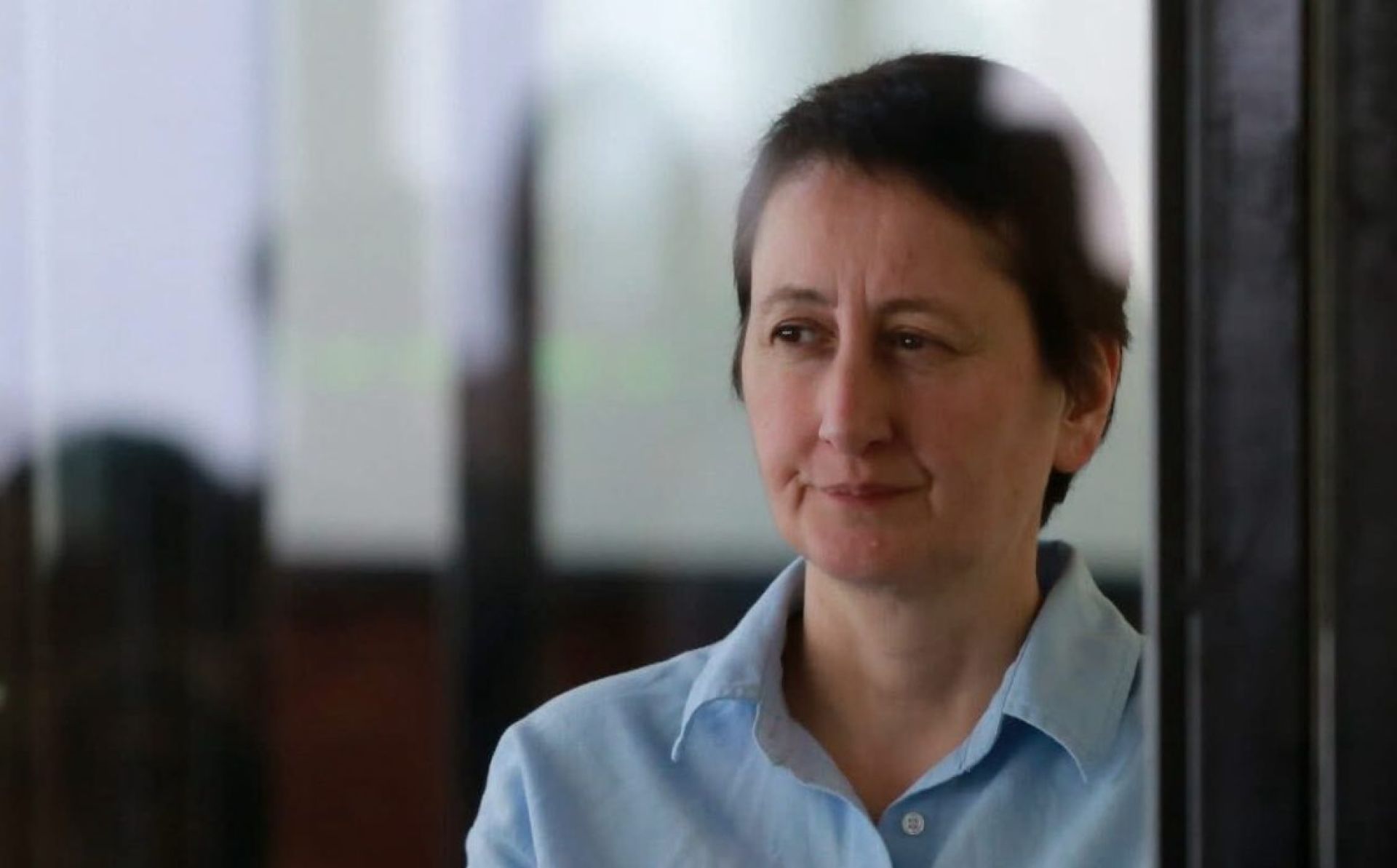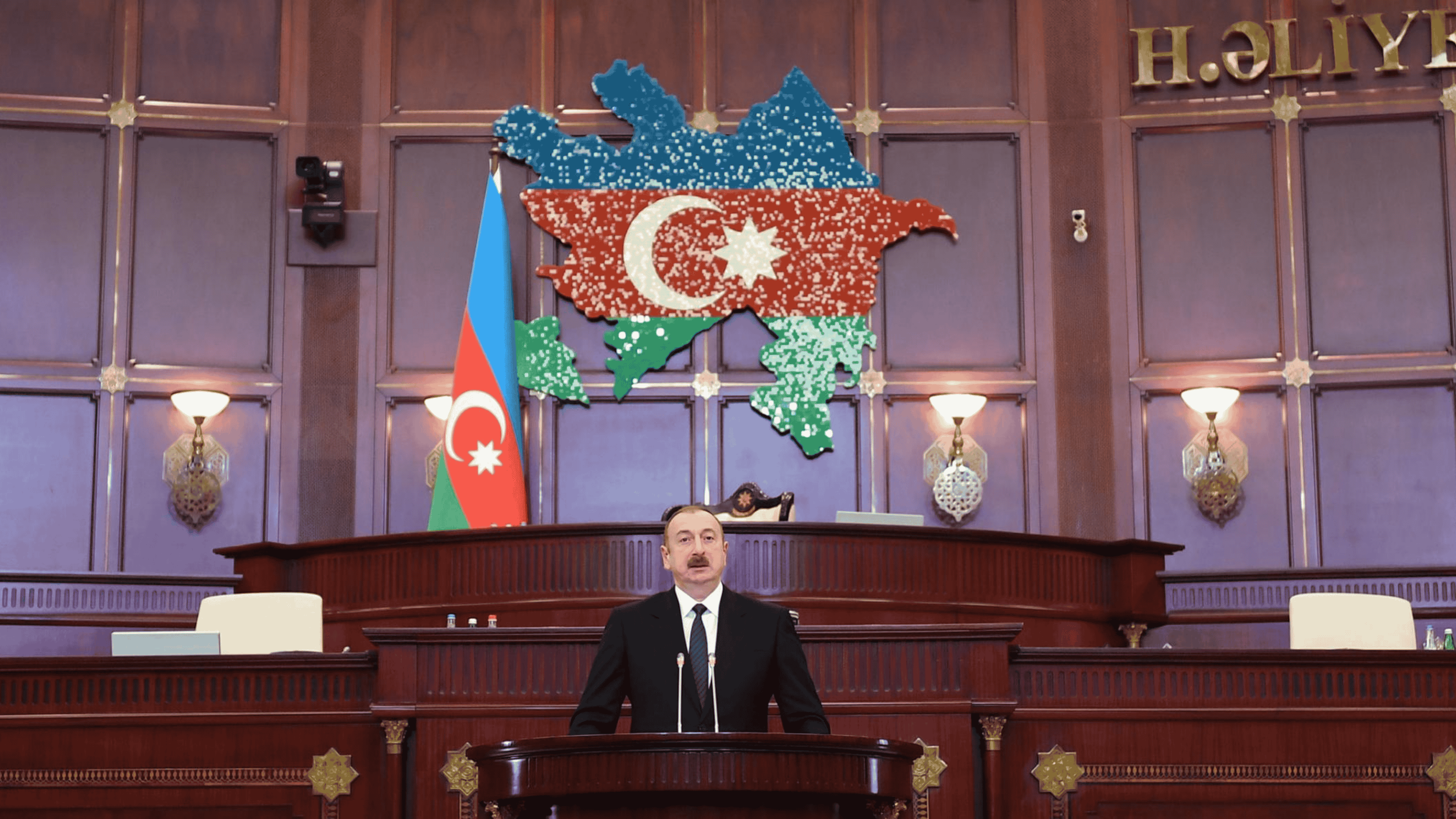Pests in tomatoes or Russian leverage on Azerbaijan?
Russia has banned the import of tomatoes from Azerbaijan
Russia’s Rosselkhoznadzor (Federal Service for Veterinary and Phytosanitary Surveillance) has banned the import of apples and tomatoes from Azerbaijan starting December 10, alleging the products have been found to contain pests. But experts have a different opinion.
- Opinion: Russia reminds Abkhazia, who is the boss?
- Economic indicators in Georgia decreased by 3.9% in October
- Expensive arithmetic: new customs rules come into force in Azerbaijan
“In order to preserve phytosanitary well-being, to prevent the import and spread of these pests in the Russian Federation, Rosselkhoznadzor is forced to ban the import of tomatoes and apples of Azerbaijani origin into Russia starting December 10, 2020,” the official statement of the Rosselkhoznadzor said, noting the ban is temporary.
Azerbaijan is the largest supplier of tomatoes to Russia
According to the Federal Customs Service of the Russian Federation, Azerbaijan is the largest supplier of fresh and chilled tomatoes to Russia.
In 2020, Russia imported 153,000 tonnes of tomatoes for $169.6 million (Turkey was in second place in terms of supplies, Belarus in third).
Mixing vegetables and politics
Experts say the ban on the supply of tomatoes may be of a political nature.
As soon as geopolitical relations deteriorate with a country, Rosselkhoznadzor closes the food valve, Russian experts say.
This is far from the first fact of Russian pressure on neighboring countries by banning the import of food products.
So it was with Georgian wine at the end of the 2000s, and so it was relatively recently with suppliers of the tomatoes from Turkey.
“When Russia prohibits the import of some products, it is always a political signal”, says Anna Vovk, a member of the Council for Financial, Industrial and Investment Policy of the RF Chamber of Commerce and Industry.
According to political observer Shahin Rzayev, the demonstration of captured military equipment of Armenia at the victory parade in Baku could become the reason for the new geopolitical tension between Russia and Azerbaijan. “Everyone knows that all this equipment is made in Russia, and the Kremlin might not like this,” Rzayev said.
Also, according to the observer, the likelihood of resentment from the invitation to the victory parade of Turkish President Erdogan cannot be ruled out.
Who’s more affected by such bans?
Experts stress that Russian consumer suffers more from the blockage of vegetable flows: on the eve of the New Year holidays, tomato prices risk soaring by 20%.

To cover the deficit of Azerbaijani tomatoes, suppliers from Turkey, Morocco, China and Belarus need to double their exports to Russia. This is hardly possible, according to the National Rating Agency of Russia.
Imported tomatoes cost Russian retailers 40 rubles per kilogram, and local ones – almost 70 rubles, said Alexei Sitnikov, president of the Greenhouses of Russia association. In retail, tomatoes cost about 115 rubles per 1 kg.
Azerbaijan considers its losses from the ban
“In December 2019, Azerbaijan exported 19,042.2 tons of tomatoes and 11,356.31 tons of apples to Russia. In terms of price, this is, respectively, 22.3 million USD and 4.8 million US dollars. In other words, in the same period last year, Azerbaijan earned $27.2 million on this expert.
The losses of December 2020 can be estimated at a similar amount.
On the other hand, in 2019 Azerbaijan sent only 153 tonnes of tomatoes to Russia; in 2020, the country achieved the same export volume in 2020 in the first nine months. In the first 10 months of this year, exports of tomatoes increased by 15 percent, as well as exports of apples.
I consider the loss of about $30 million a serious problem for the Azerbaijani economy,” Azerbaijani economist Togrul Mashalli says.


















